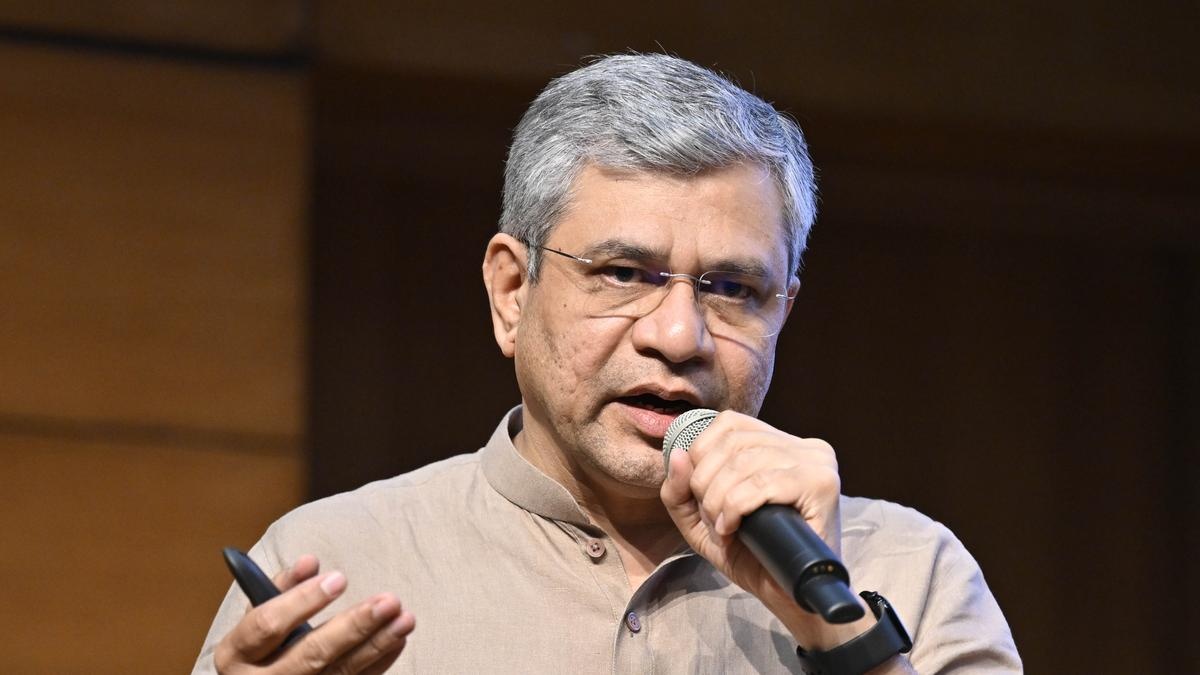
Government Announces DA and DR Increases for Central Employees and Pensioners
The Indian Union Cabinet has approved a significant revision to the Dearness Allowance (DA) and Dearness Relief (DR) for Central Government employees and pensioners, effective from January 1, 2025. This decision impacts approximately 48.66 lakh government workers and 66.55 lakh pensioners, with a 2% increment over the existing DA rate of 53% of basic pay or pension. The financial burden on the exchequer is estimated at ₹6,614.04 crore annually. The adjustment aligns with the seventh Central Pay Commission’s recommendations, as clarified by Union Information and Broadcasting Minister Ashwini Vaishnaw. However, the move has sparked immediate backlash from trade unions, who argue that the amendment to the CCS-Pension Rules through the Finance Bill undermines the interests of pensioners and bypasses stakeholder consultations.
Trade Unions Condemn Pension Rule Amendments
Organizations such as the All India Trade Union Congress (AITUC) have criticized the government’s approach, claiming the amendment excludes existing pensioners from benefits under the proposed 8th Pay Commission. AITUC general secretary Amarjeet Kaur emphasized that the policy creates a disparity between past and future pensioners, violating the principle of ‘One Rank One Pension’ for armed forces and ‘parity between past and future pensioners’ for civilians. She highlighted that the 5th and 6th Central Pay Commissions had specifically recommended achieving this parity, which the current amendment appears to disregard. Kaur also pointed out that the decision contravenes Supreme Court rulings favoring pensioners, raising constitutional concerns about equality under Article 14 of the Indian Constitution.
Legal and Constitutional Implications of the Reform
The controversy has escalated to legal and constitutional debates, with critics arguing that the classification of pensioners based on a cut-off date constitutes invalid discrimination. Legal experts and union leaders assert that the Supreme Court’s previous judgments on pensioners’ rights must be upheld, and any classification must satisfy the twin test of valid discrimination. The amendment’s exclusion of existing pensioners from the 8th Pay Commission’s benefits has been framed as a breach of constitutional principles, with stakeholders demanding a comprehensive review of the policy to ensure fairness and adherence to judicial precedents. This has intensified calls for a transparent dialogue between the government and pensioner associations to address the grievances.
Government Defends Policy as Per Pay Commission Framework
Minister Vaishnaw defended the decision, stating that the DA and DR adjustments follow the accepted formula based on the seventh Central Pay Commission’s recommendations. He emphasized that the government’s primary objective is to ensure financial stability for employees and pensioners while managing fiscal responsibilities. However, critics argue that the approach prioritizes administrative convenience over the welfare of pensioners, particularly those who retired under earlier pay commission frameworks. The debate underscores the tension between fiscal prudence and equitable treatment of pensioners, with stakeholders demanding a more inclusive process for future reforms.
Public Reaction and Calls for Dialogue
The announcement has sparked widespread public discourse, with many pensioners and their families expressing frustration over the perceived lack of consultation. Social media platforms and public forums have seen increased calls for a dialogue between the government and pensioner associations to address the disparities. Union leaders are urging the government to revisit the amendment to ensure it aligns with constitutional principles and past judicial rulings. As the implementation date approaches, the situation remains a focal point for both political and legal scrutiny, highlighting the complex interplay between policy reforms and social equity.




